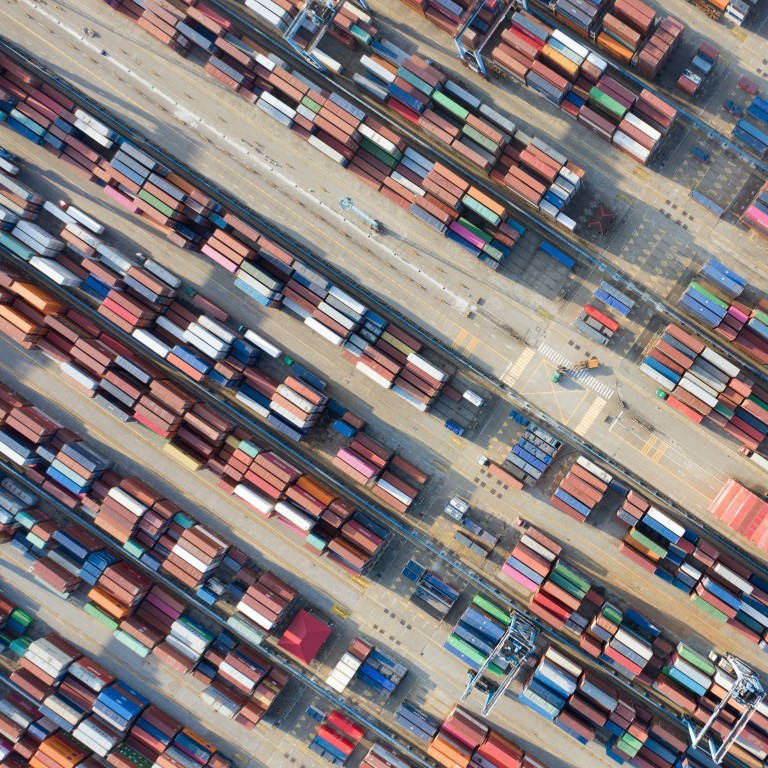With China’s exports and imports having fallen last month as the trade war escalated, analysts focused on second-quarter gross domestic product for evidence of slowing economic growth. It fell to
6.2 per cent from 6.4 per cent the previous quarter. This is the lowest since it was first recorded in 1992, prompting US President Donald Trump to say it proves his
trade war is working, a claim quickly disputed by economists. But it is still well within Beijing’s GDP target for the year of 6 to 6.5 per cent, and boosted the confidence of officials that China can ride out the trade war. However, they need to bear in mind that China’s economic growth is driven by the private sector, which bears the brunt of punitive tariffs on Chinese exports.
Behind the headline figure, other GDP data for June was better than expected, sending mixed signals about the impact of the trade war so far on the mainland economy. Industrial production grew 6.3 per cent from a year earlier, up from 5 per cent year-on-year growth in May, and well above expectations. The private sector remained the main driver of employment and productivity growth, expanding by 8.3 per cent for June and 8.7 for the first half of the year, compared with 6.2 and 5 per cent respectively for state-owned enterprises. Retail sales were up nearly 10 per cent. The mixed signals go some way to explaining why Beijing appears in no hurry to seek a quick deal with the
United States. Rather, it is felt that for the sake of stability it is better to endure short-term pain than cave in to Trump’s demands.
This also reflects a consensus that China’s economy is robust enough to ride out an escalating tariff war without suffering crippling damage – mirroring similar US self-confidence – and that, with the political pressure building on Trump as election season dawns, it is better for Beijing to be patient. However, in China’s case, this does not take into account that export competition in the US is driving innovation and investment in the private sector, which in turn boost employment and incomes in the domestic economy. Heightened uncertainty amid trade hostilities will do nothing for the investment climate. While China may be able to ride the trade storm in the near term, over the longer term it will take its toll on growth and investment returns in the private sector. Likewise the US private sector will suffer from curbs on doing business with China.


